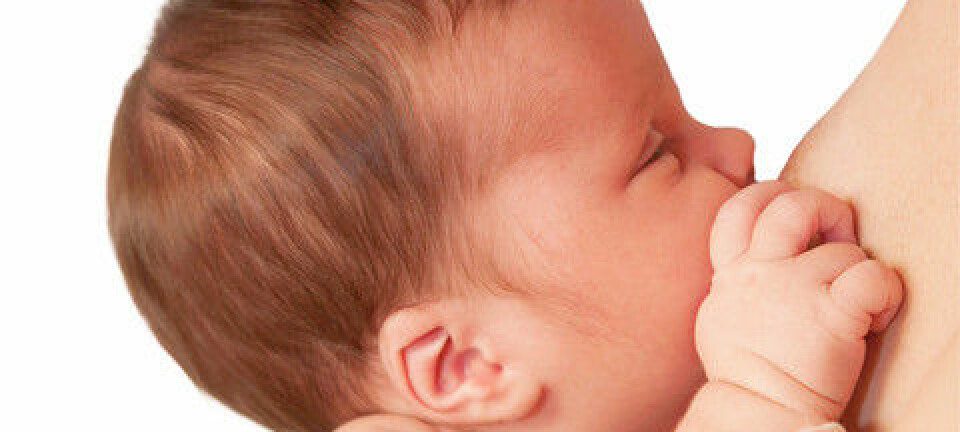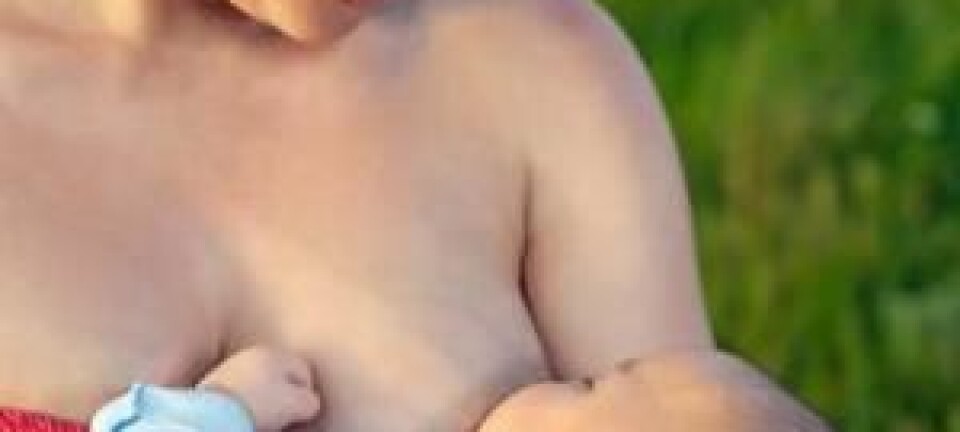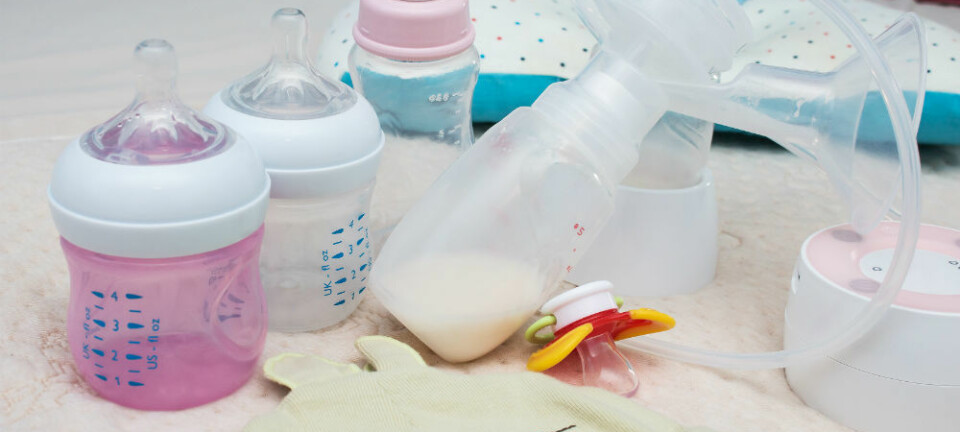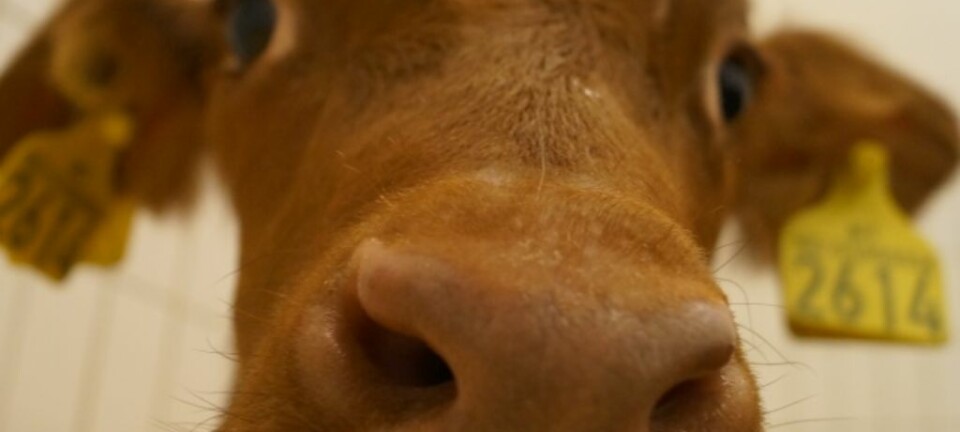
UV-treated milk strengthens premature babies’ immune system
Much better than ultra-heat treated milk, show animal trials.
Premature babies often receive milk donated from other women if their mother cannot produce enough herself. The donor milk boosts growth and strengthens the development of the newborn’s weak immune system through substances in the milk that can regulate the immune system.
The milk is always ultra-heat treated (UHT) to protect the child against harmful bacteria or viruses, but UHT milk also removes many of the good substances that regulate the immune system.
A new study on pigs shows that treating premature piglets to UV-treated milk instead of UHT milk leads to much healthier piglets.
“The pigs grew quicker and developed better protection against bacteria and improved gut functions, which can be a problem among very premature individuals—both pigs and humans,” says co-author Per Torp Sangild, a professor from the Department of Comparative Paediatrics and Nutrition at the University of Copenhagen.
The study was recently published in the Journal of Nutrition.
First time that effect is shown in animal trials
Sangild and colleagues studied the effect of untreated, UHT, and UV-treated human breast milk on premature piglets.
They saw that the untreated milk contained more immune system boosting substances, but also more bacteria.
Bacteria were heavily reduced in the UV-treated milk and the UHT milk, but it was the UV-treatment that retained most of the immune system boosting substances.
The study showed that there was twice as much lactoferrin—a protein that protects against infections—in the UV-treated milk compared to the UHT version.
Promising signs of a positive effective
Professor Steffen Husby from the University of Southern Denmark describes the new study as “impressive, thorough investigation with promising signs of the positive effect of UV-treatments.”
He suggests that the next step is to study the effect in children, as the immune system of piglets and humans are not built in the same way. Moreover, they should investigate whether treatments with UV-light results in changes to the milk’s DNA.
The research group behind the new study plans to start human trials, but they are not under way just yet.
Better protection against infections
Scientists already knew that UV-light can preserve the quality of milk proteins, but the study is the first to demonstrate the effect in animals.
The scientists behind the new study have previously shown that piglets born ten days prematurely via C-section can be used to study the immune system-regulating substances and growth among premature babies.
In the new study, they measured the number of bacteria in the premature piglets’ guts and bone marrow.
The number of bacteria in the bone marrow can be an expression of how well the immune system fights bacteria and the risk of contracting an infection.
“It looks like the immune system is most intact among the piglets that received the UV-treated milk and this makes the studies of UV-treatment even more interesting,” says Husby.
Could be used in practice
The milk used in the study was donated by 15 mothers, who sold their milk to Hvidovre Hospital’s “milk bank.” Here, scientists study the growth of premature babies and heat-treated donor milk.
Head of the milk bank and senior clinical dietician, Anne Bille Olin, from Hvidovre Hospital, also describes the new results as interesting.
“It’s new to treat donor milk with UV light, but if more research can confirm that bacteria is removed with UV-treatment, then we can change the method that we use to treat milk,” she says.
--------------------------
Read more in the Danish version of this story on Videnskab.dk
Translated by: Catherine Jex









